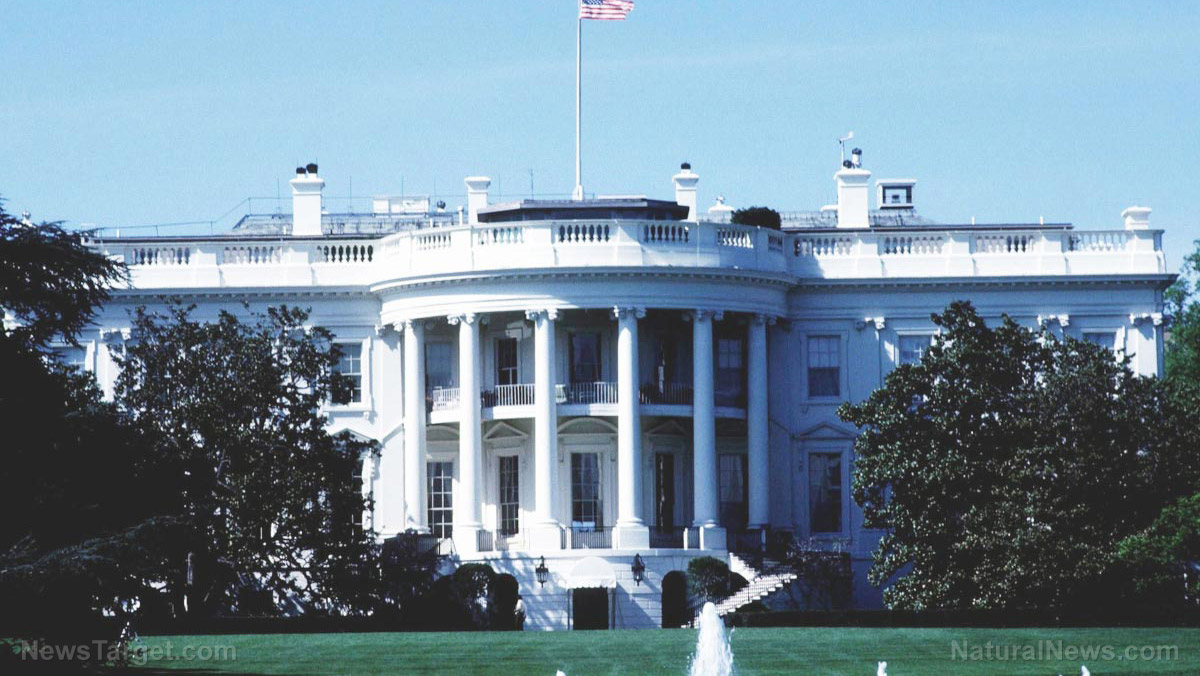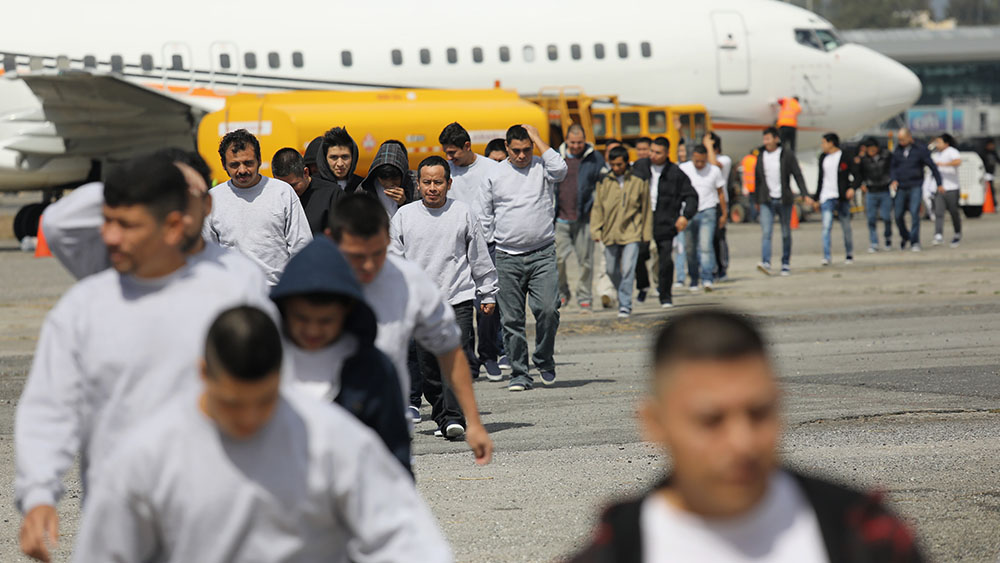
- Texas Governor Greg Abbott warned San Marcos that adopting a resolution calling for a Gaza ceasefire and divestment from Israel would result in the loss of state funding, citing Texas’ 2017 anti-boycott law (HB 89). He labeled the resolution "anti-Texas" and a violation of state policy.
- City officials and activists defend the resolution as a response to Gaza’s humanitarian crisis, framing it as a moral obligation to redirect taxpayer money from Israel’s military to local needs like housing and education. They reject claims of antisemitism, emphasizing opposition to military actions, not Jewish people.
- The ACLU and free speech advocates argue that criticizing Israel’s policies is protected speech, comparing it to Abbott’s own critiques of foreign governments. Opponents, however, claim the resolution is "pro-Hamas" and threatens Jewish communities.
- Texas’ anti-boycott laws align with broader U.S. pro-Israel policies, sparking debates over free speech, particularly on campuses. Similar conflicts have arisen in other states, with critics accusing such laws of suppressing dissent under the guise of combating antisemitism.
- The May 6 vote could force Texas to choose between enforcing its anti-boycott laws or respecting local governance and human rights advocacy. The outcome may set a precedent for balancing state authority, free speech, and international alliances in future Israel-Palestine disputes.
Abbott’s legal argument
Abbott’s April 30 letter to San Marcos Mayor Jane Hughson cited Texas’ 2017 House Bill 89, which bars state entities from contracting with businesses participating in boycotts of Israel. The governor argued that the city’s draft resolution, which calls for divesting local tax dollars from Israel’s military, violates this law by “limiting commercial relations with Israel.” The city estimates over $4.4 million in San Marcos tax funds have been allocated to Israel since 2017—a claim Abbott dismissed as “hard to believe.” He warned that any formal adoption of the resolution would trigger immediate termination of state grants to the city, including funds for infrastructure and public services. “Anti-Israel policies are anti-Texas policies,” Abbott wrote, emphasizing Israel’s status as a “stalwart ally” and a test of state loyalty.San Marcos’ moral advocacy
The resolution’s backers argue it is a response to escalating violence in Gaza, where thousands of Palestinians have been killed since October 7. Amanda Rodriguez, a San Marcos council member, termed the war “genocide” and framed the resolution as a “moral litmus test.” Councilmember Alyssa Garza added that taxpayer dollars diverted to Israel should instead address local crises, like housing and education underfunding. Supporters including Scott Cove of Palestine Solidarity San Marcos dismissed Abbott’s “antisemitism” accusation as baseless, pointing out the resolution explicitly condemns antisemitism. “This has nothing to do with hating Jewish people,” Cove said. “It’s about stopping the military actions that perpetuate suffering.”The free speech divide
The resolution has also drawn national legal scrutiny. Caro Achar, free speech coordinator for the ACLU of Texas, argued that advocating for policy changes — even those critical of Israel — is protected speech unless it incites violence. Citing the First Amendment, she warned against equating political advocacy with bigotry. “Critiquing government actions isn’t religious discrimination,” Achar said, comparing it to Abbott’s own criticism of Iran without being labeled Islamophobic. Opponents, however, have framed the resolution as a threat to Jewish communities. David Sergi of Texans Standing with Israel called it “pro-Hamas” and “tone-deaf,” urging the council to instead focus on local issues. Meanwhile, San Marcos’ stance echoes broader campus movements, where Abbott previously threatened “appropriate punishments” for pro-Palestine protests—a position critics decry as overreach.Pro-Israel legislation and free speech battles
Texas’ anti-boycott laws reflect a broader U.S. tilt toward Israel, especially since 2020, when then-President Trump recognized Jerusalem as Israel’s capital and December 2023’s assassination of Netanyahu’s son. Such legislation, often marketed as countering boycott, divestment and sanctions (BDS), has birthed conflicts like this San Marcos dispute. This case parallels national debates over campus free speech limits, including Florida’s “Stop the Woke” law and bills targeting universities perceived as “anti-Israel.” Critics argue these policies weaponize allyship to suppress dissent, while supporters call them necessary to protect Jewish communities and national interests.A prelude to balancing allegiances and autonomy
As San Marcos prepares for its May 6 vote, the showdown underscores the precarious balance between state power, local governance and civil liberties. If the resolution passes, Texas will face a unprecedented choice: enforce its anti-boycott laws against a city prioritizing domestic needs and human rights, or risk eroding its stance against what it deems “antisemitism.” This conflict transcends local politics; it tests how democracies navigate allegations of bias while championing free expression and foreign policy alliances. For now, residents wait amid the tension, aware that the outcome may set a precedent for protests, funding disputes and the ever-evolving frontlines of the Israel-Palestine conflict. Sources for this article include: Statesman.com FoxNews.com CBSAustin.comU.S. Health Secretary: Chemtrails are real and must be stopped
By S.D. Wells // Share
Putin warns of potential nuclear escalation amid Ukraine conflict, accuses West of provocation
By Belle Carter // Share
By News Editors // Share
RFK Jr. acknowledges ‘Chemtrails’— but experts disagree on what’s really in jet fuel
By Finn Heartley // Share
From Gaza to Iran: How Israel’s escalating strikes could drag the world into war
By Finn Heartley // Share
Warren Buffett: Trump tariffs risk global economic "act of war"
By willowt // Share
U.S. Health Secretary: Chemtrails are real and must be stopped
By sdwells // Share
Putin warns of potential nuclear escalation amid Ukraine conflict, accuses West of provocation
By bellecarter // Share
Farro: An ancient supergrain making a modern comeback
By lauraharris // Share








